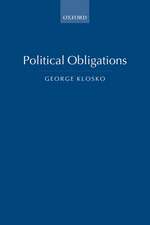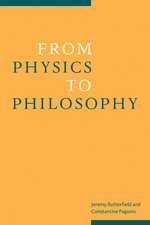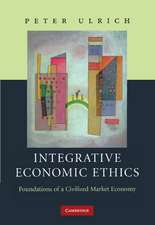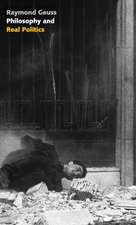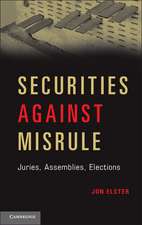Political Psychology
Autor Jon Elsteren Limba Engleză Paperback – 28 ian 1993
| Toate formatele și edițiile | Preț | Express |
|---|---|---|
| Paperback (1) | 343.08 lei 6-8 săpt. | |
| Cambridge University Press – 28 ian 1993 | 343.08 lei 6-8 săpt. | |
| Hardback (1) | 578.75 lei 6-8 săpt. | |
| Cambridge University Press – 28 ian 1993 | 578.75 lei 6-8 săpt. |
Preț: 343.08 lei
Nou
Puncte Express: 515
Preț estimativ în valută:
65.67€ • 71.36$ • 55.20£
65.67€ • 71.36$ • 55.20£
Carte tipărită la comandă
Livrare economică 21 aprilie-05 mai
Preluare comenzi: 021 569.72.76
Specificații
ISBN-13: 9780521422864
ISBN-10: 0521422868
Pagini: 216
Dimensiuni: 140 x 216 x 13 mm
Greutate: 0.28 kg
Ediția:New.
Editura: Cambridge University Press
Colecția Cambridge University Press
Locul publicării:New York, United States
ISBN-10: 0521422868
Pagini: 216
Dimensiuni: 140 x 216 x 13 mm
Greutate: 0.28 kg
Ediția:New.
Editura: Cambridge University Press
Colecția Cambridge University Press
Locul publicării:New York, United States
Cuprins
Abbreviations; Preface; Introduction: why political psychology?; 1. A historian and the irrational: a reading of Bread and Circuses; 2. Internal and external negation: an essay in Ibanskian sociology; 3. Tocqueville's psychology I; 4. Tocqueville's psychology II; References; Index.
Recenzii
"As always, Elster has produced an analysis that is conspicuous for its elegance....Seldom can Tocqueville have been put through such a rigorous intellectual mincer." Rudolf Klein, Times Literary Supplement
Descriere
This provocative textbook takes up and develops the themes of rationality and irrationality in Jon Elster's earlier work.



